Facets of Indian Philosophical Thought
₹270.00
| Author | Dr. Shashi Prabha Kumar |
| Publisher | Vidyanidhi Prakashan, Delhi |
| Language | English |
| Edition | 1999 |
| ISBN | 81-86700818 |
| Pages | 167 |
| Cover | Hard Cover |
| Size | 14 x 2 x 22 (l x w x h) |
| Weight | |
| Item Code | VN0028 |
| Other | Dispatched in 1-3 days |
10 in stock (can be backordered)
CompareDescription
Facets of Indian Philosophical Thought The present work is collection of papers representative of some facets of the vast and variegated Indian Philosophical Thought. It focuses on such concepts, doctrines and issues which are salient to the philosophical schools they pertain to but on which not much light has been thrown so far. The miscellaneous nature of the themes of this collection evinces the richness of Indian philosophical thought.
Veda, Vedanta, Vaisesika and Mimamsa offer a positive and robust world-view which has contemporary relevance and significance. Some glimpses of the philosophical reflections of these thought-traditions have been presented here with the hope that this may stimulate further research in this field. The style employed here is not just descriptive and expository but analytical as well which as provided novelty to this work.
The book will certainly be interesting and useful to those who are in the lookout for fresh insights and new approaches to the rich heritage of Indian philosophical treasures of thought.
This book is a collection of some of my research papers presented in different national and international conferences, a few of them published in philosophical journals.
The philosophical reflections in India have their source and sustenance in the Vedic thought. All subsequent philosophical developments took place either in conformity with or in opposition to the Vedic thought. The Vedic thought itself presents an all comprehensive world-view.
It contains both theory and praxis, a holistic world-view and an integrated life based on it. Five of the papers included here represent some significant aspects of life and reality based on Vedic thought. They Vedic thought gets culminated in the Vedantic philosophy.
The Vedantic ideas permeate all facets of Indian culture and provide a foundation to the Indian modes of thinking and ways of living. The articles on Vedantic foundations of Indian culture focuses on this very point. The basic thrust of Vedantic thought is self-realisation, constant experiencing of Pure Consciousness as the underlying essences of all beings, as revealed by the Upanisads. Samkara’s understanding of this basic Vedantic viewpoint is explained in the chapter on the Kena Upanisad.
There are two lines of thought which have developed out of the Vedic reflections. One is the tradition of Samkhya-yoga and the Vedanta, wherein the world-process is explained as evolution from one unitary principle into multiple reals. In this view, the impetus for evolution is inherent in the proto-stuff which could be Prakrti or Brahman.
The other point of view is advocated by Nyaya-Vaisesika and Mimamsa among other schools of Indian philosophy according to which the world process is a network of infinite number of conglomerations formed out of multiple reals or inalienable parts constituting many wholes. In this world view, motion is extraueous to matter and acts as one of the causal factors for the formation of conglomerations. In this process, the role of karma, as an unseen factor initiating motion has been emphasized in the Nyaya-Vaisesika and Mimamsa tradition. Two of the papers included here deal with this issue.
The tradition of Mimamsa, which is deeply rooted in Vedic thought, developed in two important schools headed by Prabhakara and Kumarila. Both these have enriched Indian philosophical thought immensely as will be evidenced from the here papers on Mimamsa included in this volume. It would not be out of place to mention here that these papers are based on the deliberations which took place at three workshops sponsored by Indian Council of Philosophical Research where I acted as a rapporteur.
Additionally there is a small appendix on the philosophical contribution of a contemporary Nyaya-Vaisesika scholar just to point out that Indian philosophical reflections are still vibrant in the traditional circles, though we may not be much aware of them.

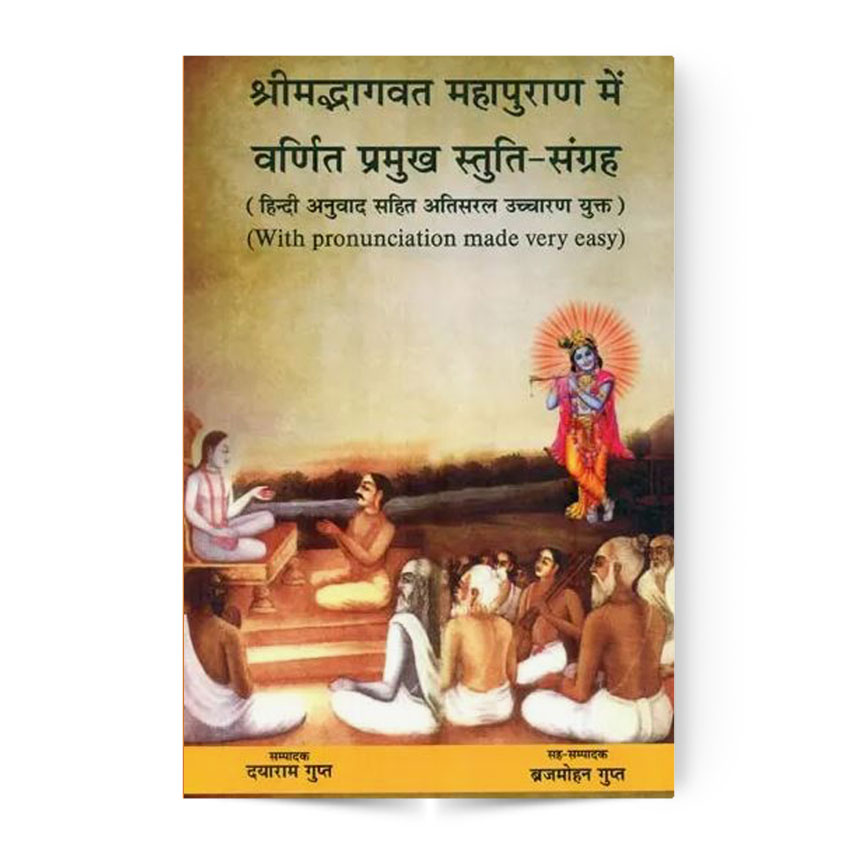
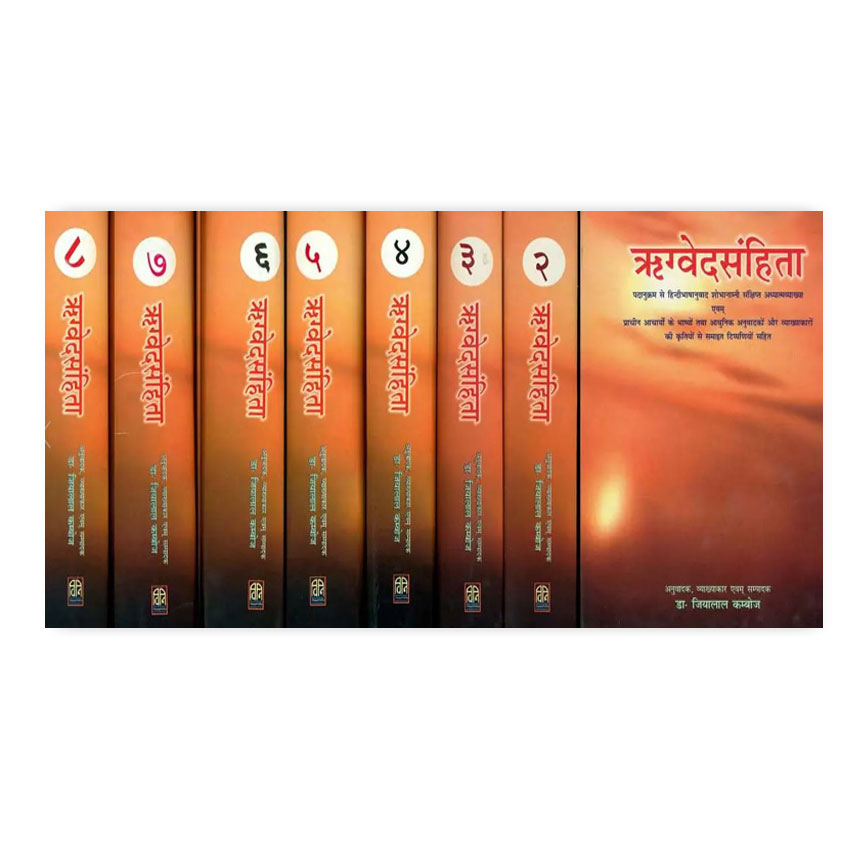
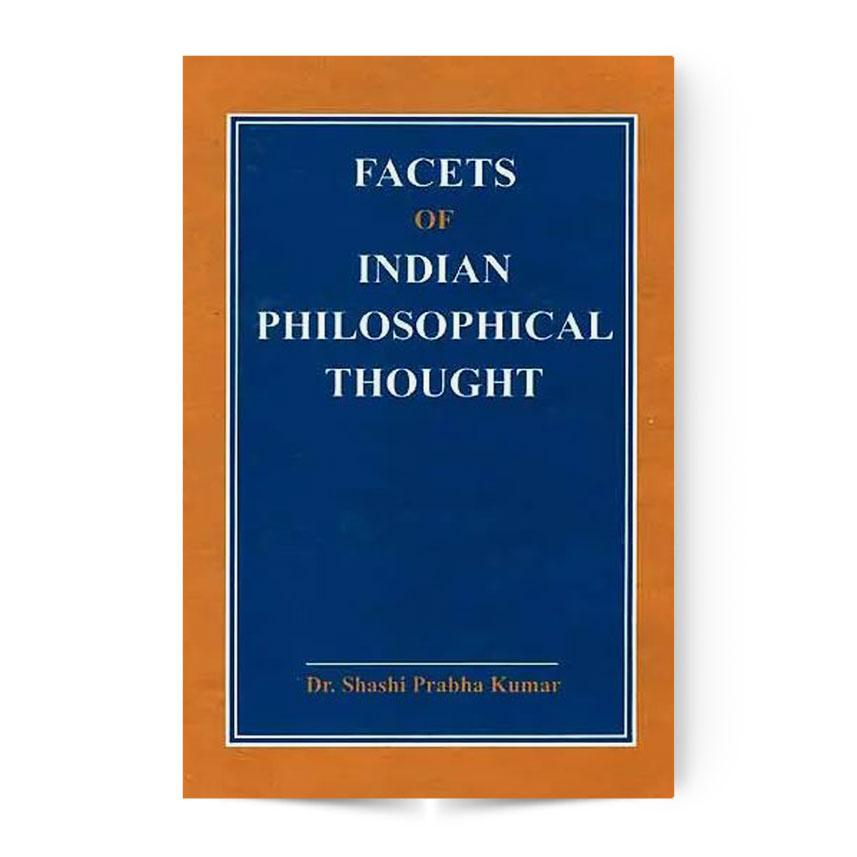
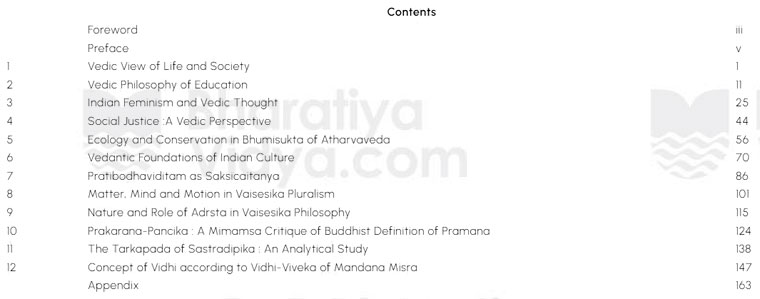
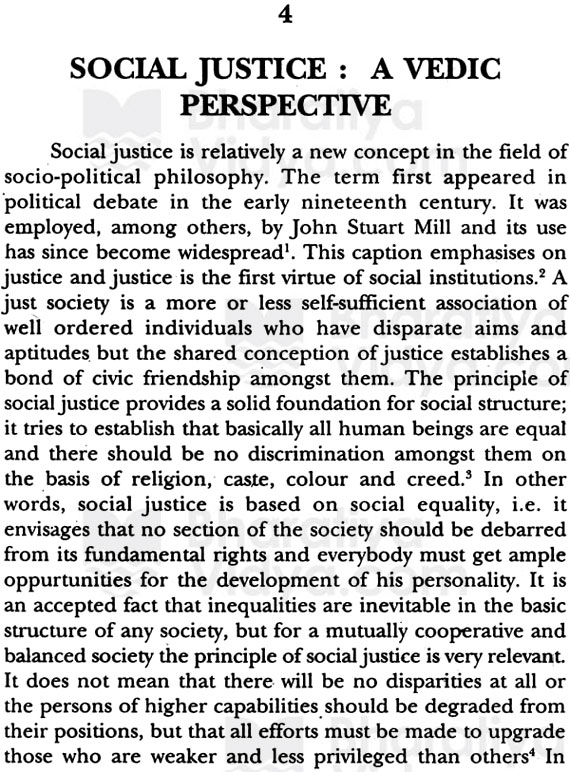
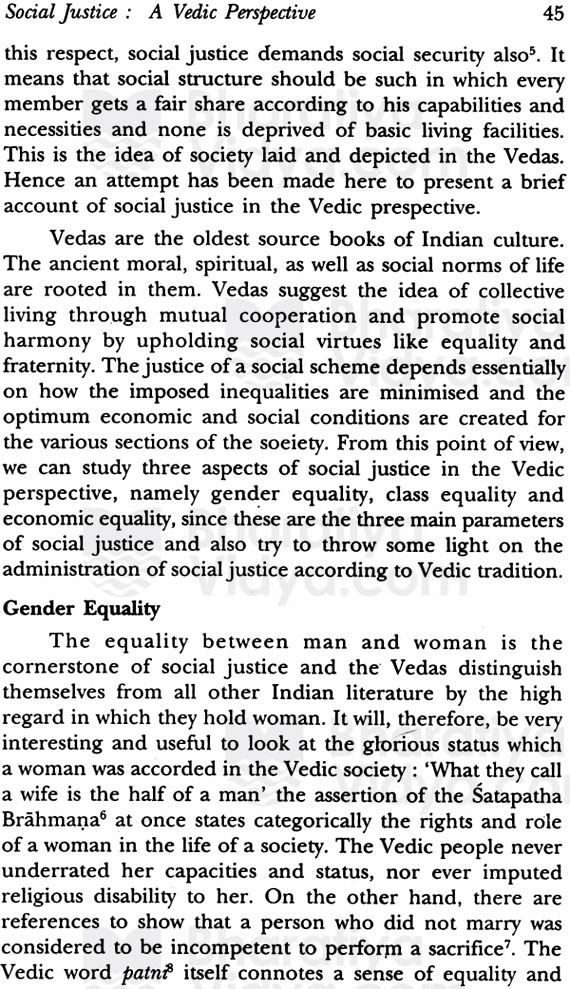
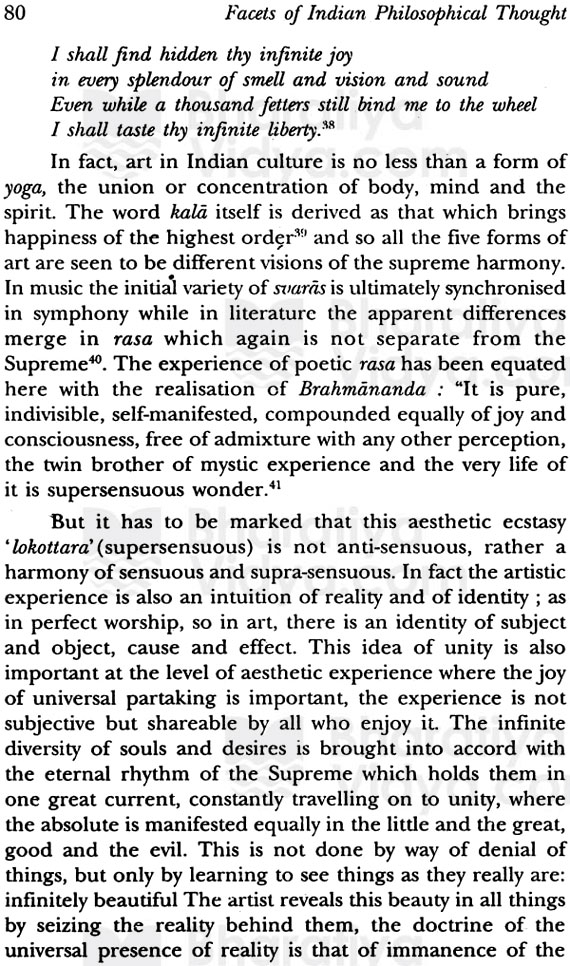
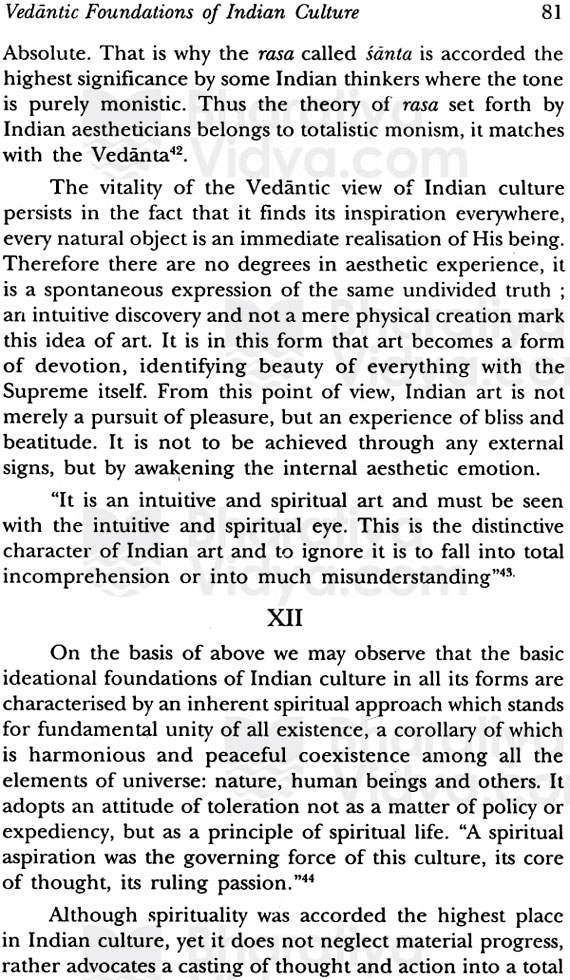
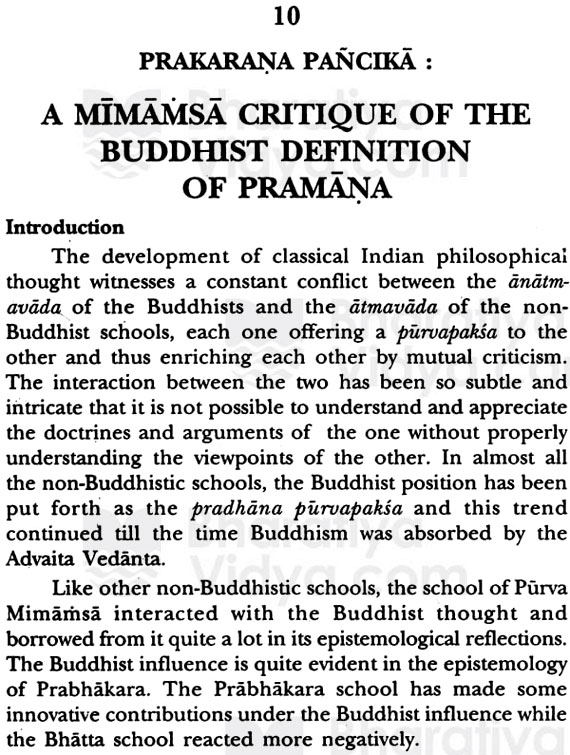
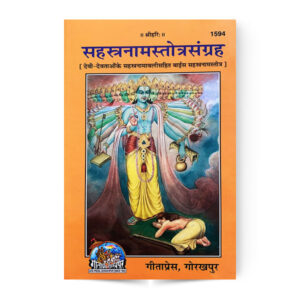
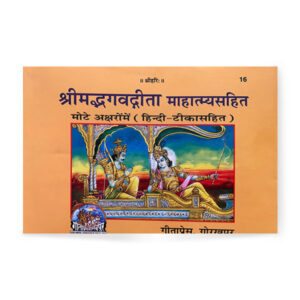
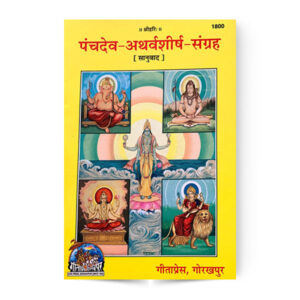
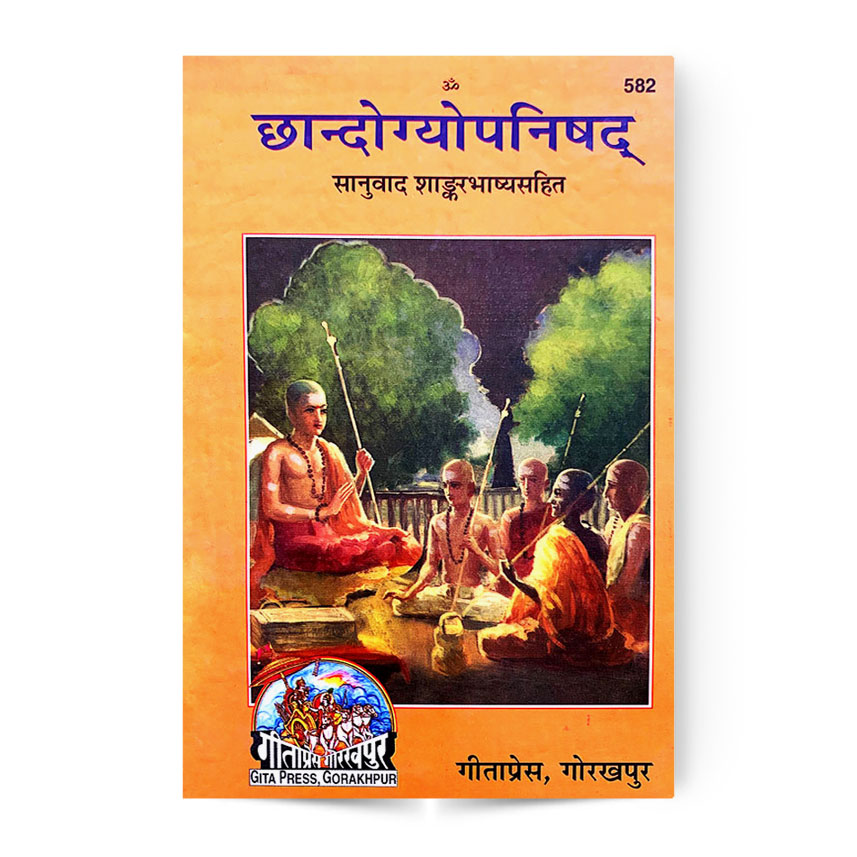
Reviews
There are no reviews yet.